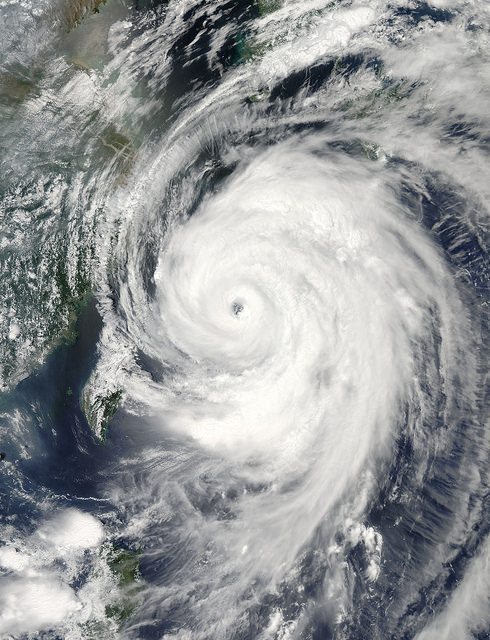Dr. Reddy’s largest active pharmaceutical ingredient
(API) plant in Srikakulam (Andhra Pradesh, India) was inspected
by the USFDA in November, 2014. The Srikakulam facility received nine inspectional
observations and the company said, immediately after the inspection: “we will respond to the agency within stipulated timelines with our remedial plans and start implementing the necessary measures immediately”. The initial response indicated that the deficiencies at the Srikakulam plant were manageable.
However, and in
view of the recent USFDA import ban on the Ipca Laboratories’ facility in Pithampur (Madhya Pradesh - India), is it possible that Dr. Reddy’s Srikakulam facility could also be banned?
ENTER HEALTH CANADA
The basis on which the USFDA could potentially ban the Dr. Reddy’s Srikakulam plant, is that the facilities of both Ipca and Dr. Reddy’s were put under an import ban on December 23,
2014 by Health Canada citing concerns of data integrity at both sites.
Health Canada states in their release: “This action comes in light of recent
information from a trusted regulatory
partner that raises concerns about the reliability of the laboratory data generated at these sites.”
Health Canada
also lists the products impacted by the quarantine to be Domperidone, Valsartan, Capecitabine, Naratriptan and Desloratadine.
The
Naratriptan ban is noteworthy as Teva
& Sandoz, both who produce their product using Dr. Reddy’s API, are the only approved products on the Canadian market, and Naratriptan is now on the Canadian drug shortage list.
Following the
Canadian alert, the Ministry of Health in the United Arab Emirates, also decided to stop the importation and distribution of the products from Ipca’s Pithampur and Dr. Reddy’s Srikakulam sites.
US MARKET
The magnitude of the inspection was revealed by Dr. Reddy’s Co-Chairman & CEO, GV Prasad, when interviewed by the business channel CNBC in January.
He mentioned that the launch of both the generic Novartis’ Diovan (Valsartan - used to treat high blood
pressure and congestive heart failure) and AstraZeneca’s Nexium (Esomperazole
Magnesium – used to treat symptoms of conditions involving excessive stomach acid), would not occur unless the USFDA inspection report is
closed.
Almost immediately after the inspection, Dr. Reddy’s announced the possible shift of the manufacturing of some key products from Srikakulam;
including Esomperazole Magnesium.
Nexium sales
in 2014 were $3.6 billion and currently only Teva’s subsidiary, Ivax, has an approved generic on the U.S. market ; so Esomperazole Magnesium is definitely a strategic growth driver for Dr. Reddy.
In view of all the available information, the challenges confronting Dr. Reddy’s Srikakulam facility are immense. However, Dr. Reddy’s has overcome an import alert for their Mexican facility in the past, and hopefully, will be able to overcome
the problems at Srikakulam.
Also, a setback to Dr. Reddy’s, will further tarnish the image of the Indian pharmaceutical industry, which has had more than a dozen facilities receiving USFDA warning letters, because of data integrity concerns in the past two years.Click here to read the 9 observations at Dr. Reddy's Srikakulam API plant (source: Nomura).
Impressions: 11203
Update 2015 May 28:
Click here to see the orignal form 483 issued to Dr Reddy'sObservation 1Lab records don't include complete data derived from all tests. The inspectors indicate five instances where all the test failures were not documented and reported as per standard operating procedure (SOP). The reported results don’t contain the earlier sample analysis. Observation 2 The inspection highlights unauthorised access to computer
system. An instance was noted where data was deleted by an unauthorised person.
Observation 3 The Batch production and control records didn’t have the entries filled after each and every step as required by SOP. The data were filled simultaneously. Observation 4 Procedures regarding the issuance, revision, superseding
and withdrawal of documents not followed. Observation 5 Water used in the manufacture of APIs is not established
to be suitable for use. The microbiological test methods were not verified and
validated. Observation 6 Record of training of operators not maintained properly. Observation 7 Failure to justify and follow up on deviations or batch
failures: The inspectors made two observations where a batch has failed on
certain parameters. Either the investigations are incomplete or the conclusion
was not satisfactory. Observation 8 Process validations: The inspectors raised questions on
the process validation approach that would ensure that the process can be
performed effectively and reproduce the desired results. The inspectors
highlight a case of significant numbers of reprocessing carried out by the company,
raising questions on the process. Observation 9 Adequate and clean washing and toilet
facilities are not provided for personnel. The inspectors highlight that toilet
facilities are located at a long distance. Source: Nomura
Impressions: 5516














